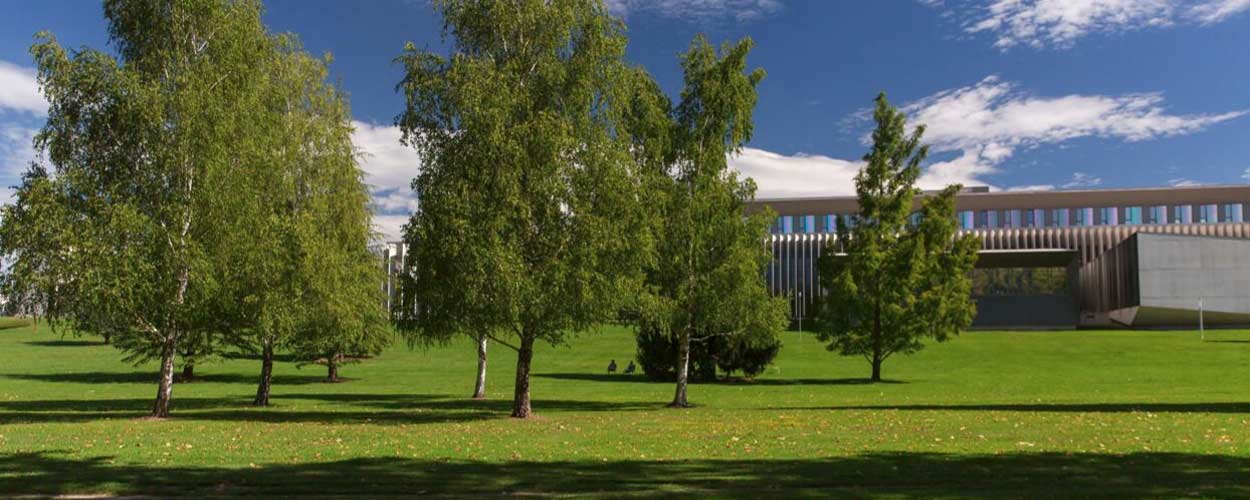10/11/2022
Published in
María Iraburu
President of the University of Navarra

Today we celebrate #DiaDeLaCiencia, a workshop in which we admire the human capacity to know the world and to apply that knowledge to transform the reality around us. To science we owe advances that have improved our lives in so many areas. But sometimes we forget that it is a profoundly human reality, made by people and directed at people, influenced by the tides and challenges of each historical moment. I propose some of those that seem to me to be most relevant:
1. Science as a reliable voice. The scientific knowledge has been considered a way of approaching reality based on evidence and, therefore, universally accepted. However, we often see that the voice of science is silenced by polarized discourse, manipulated by partisan interests or simply relegated in the face of shocking content. If we want to build a more just and sustainable society, we need the reliability of science. Our world needs researchers and scientific institutions that generate trust.
2. A science in dialogue with Humanities, art, life. To celebrate science is also to recognize that science alone is not enough. So many times the problems we want to solve encounter legislative and communication difficulties, or require partnership between different fields. Let me give an example: this very week the #COP27 is being held in which world leaders are seeking solutions to a problem that affects us all. Science can offer us solutions to the energy crisis or proposals for the circular Economics , but it has to be in dialogue in order to carry out its mission statement.
3. An inclusive science, open to all. Science is specialization, it is complex, it cannot always be easily explained. And, on the other hand, it has a commitment to society and should not be the exclusive patrimony of specialists who work on the margins of the problems and needs of the environment. Scientists are increasingly being asked to make an effort to transfer this knowledge, also to the general public. An inclusive science is also one that is easily accessible to all. I am thinking, in particular, of the need to promote the presence of women in technology entrepreneurship. We need the richness of the contribution and creativity of women scientists and technologists in areas such as digitalization, which already have such a great impact on our lives.
These three challenges are a clear call to institutions of Education higher education. To a large extent, science is done in universities, with the work of professors and researchers. But in addition, in universities we have the contact with young people, from whom we learn so much and whom we can initiate in the adventure of a reliable, open and committed science. To all of you who share this passion, young or old: happy science day!
#GreenerTogether
